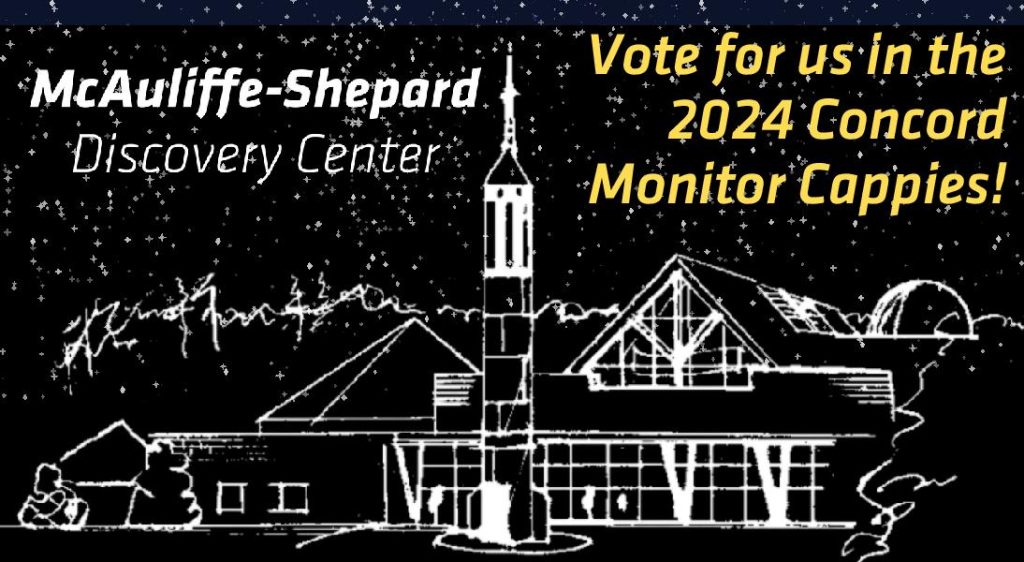Nov. 30, 2003: Speaking at a house party in Bow, presidential candidate Howard Dean says that an independent Palestinian state is the best hope for an Arab-speaking democracy in the Middle East. And only an American president can broker the Israeli-Palestinian peace accord needed to establish such a state, he says.
Nov. 30, 2001: Robert Tulloch, a teenager accused of killing two Dartmouth College professors will use an insanity defense at his trial, his lawyer states in a court filing. The defendant will argue he suffers from a “severe mental defect or disease and that his acts were the direct result of the mental defect of disease,” public defender Richard Guerriero states in the filing.
Nov. 30, 1870: Fire burns out the stone warehouse behind the Eagle Hotel, leaving only the granite walls standing. Today, the warehouse is home to the Museum of New Hampshire History.
Dec. 1, 2001: With a weekend of spontaneous and rehearsed music, the Concord Community Music School celebrates a milestone: the grand opening of a $1.5 million addition that more than doubles the space for the school.
Dec. 1, 1848: Edward E. Sturtevant, a Concord printer, writes to his parents in Keene: “The Shakers are having a trial before a Legislative committee, which excites some curiosity among the people of this town. . . . A petition is presented for a law against parents and guardians binding children to them, alleging that they (the children) are taught to disregard all friendship for father & mother & brothers & sisters – to know no God except the Elders of the Shaker Society – and accusing the Shakers of abusing them & killing them, &c.&c. The petitioners have brought forward some 20 who have been Shakers but left them who testify strongly in favor of the petitioners. It is amusing to hear these backsliders swear down the religion of Anna Lee.”
Dec. 1, 1994: The early morning barks of a dog save the lives of six residents in a Merrimack Street apartment house destroyed by fire. The cause: overheated wiring within a bathroom wall.
Dec. 2, 2000: Shortly before 2 p.m. Canterbury Country Store owner Bob Summers rings up his final sale and then shuts the place down. The store will reopen nearly a year later, after members of the community invest several hundred thousand dollars to buy it.
Dec. 2, 1774: New Hampshire’s committee of correspondence, formed the previous year to stay in touch with other colonies about acts of the British Parliament, sends a warrant to all towns urging the adoption of a continental association. The association’s purpose is to establish a boycott on the import and consumption of British goods. Although Portsmouth and Exeter will quickly approve the warrant, itinerant merchants working further inland will make the boycott difficult to enforce.
Dec. 2, 1962: Deposits of thorium are discovered in the White Mountains.
Dec. 3, 2001: Manchester inventor Dean Kamen unveils the Segway Human Transporter on ABC’s Good Morning America. Formerly known as Ginger or IT, the one-person, battery-powered scooter averages a speed of 8 mph, but can travel up to 17 or 18 mph.
Dec. 3, 1963: Gov. John King says he favors an appropriate memorial for the slain President John F. Kennedy but will oppose any effort to rename one of New Hampshire’s mountains after Kennedy.
Dec. 3, 1991: John Sununu, who left New Hampshire’s corner office three years earlier to become President Bush’s most powerful adviser on domestic politics, resigns as White House chief of staff. Sununu writes that he did not want to become a “political negative” for the president and a “drag” on his reelection chances.
Dec. 4, 1900: In raids, 16 police officers from Manchester and Suncook bust 20 people under the state’s prohibition statute. Since bootleggers are still active, “there will be plenty to drink,” a Suncook villager says.
Dec. 5, 1908: Fire Chief William Green sets out for the movies at Phenix Hall, but even though the same show played at the nearby Opera House for more than a year, the Phenix is filled. There are plans to convert yet another building in the Durgin block into a theater.
Dec. 5, 1999: A fire breaks out at South Congregational Church in Concord 45 minutes before a scheduled performance of Handel’s Messiah. After about 80 singers and musicians in formal attire gather on Pleasant Street, they head for nearby St. Paul’s Church, where about 200 people are treated to an impromptu rendition of the oratorio’s most famous section.



















